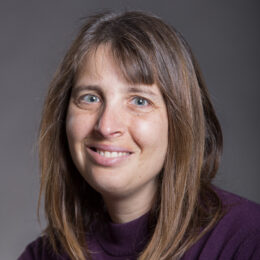From Theory to Application
The Mathematical, Computational, and Engineering Sciences Department represents a bold step forward in interdisciplinary research and innovation. Designed to bridge the theoretical rigor of mathematics, the algorithmic power of computation, and the real-world impact of engineering, this department will serve as a hub for cutting-edge exploration and problem-solving across scientific domains. With a mission to advance fundamental knowledge and develop practical solutions to complex challenges, this department is poised to become a cornerstone of discovery and collaboration.
Hands-On Learning with Modern Technology
Capstone Projects & Internship Experience
Student Groups
Students in the Marvin L. Bittinger Department of Mathematics and Computer Science have multiple opportunities to connect outside the classroom. Three active student groups support academic exploration, leadership, and fun:
- Kappa Mu Epsilon (KME) is the national mathematics honor society. The Indiana Alpha chapter at Manchester recognizes students with academic excellence in mathematics and computer science coursework.
- Students Pondering About Mathematics (SPAM) is a student-run organization open to all majors. Events include fall/spring picnics, conference attendance, and guest speakers.
- Computer Science Club is open to all students interested in computing. Activities range from LAN parties and technical projects to an annual cookout. Software engineering majors are expected to participate, and minors are encouraged to join.
These groups foster community, support academic growth, and provide leadership experience.
Learn more about Student Groups in Spartan Life.

Department Legacy
The Marvin L. Bittinger Department of Mathematics and Computer Science is supported by a generous endowment from alumni Marvin and Elaine Bittinger. The department fosters a legacy of teaching excellence and student mentorship. Marvin Bittinger, a nationally renowned mathematics educator and author of over 200 textbooks, believed in making mathematics accessible and rewarding for every learner. This spirit continues today through close faculty advising, undergraduate research support, and faculty development that enhances every student’s experience.






